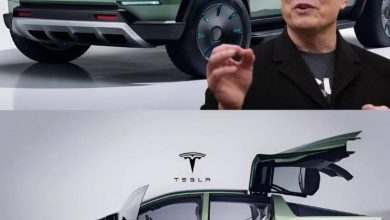Elon Musk Issues Statement on ‘Significant’ Impact of Trump’s $100,000,000,000 Vehicle Tariffs on Tesla
Elon Musk Issues Statement on 'Significant' Impact of Trump's $100,000,000,000 Vehicle Tariffs on Tesla
Elon Musk, CEO of Tesla, has issued a statement expressing serious concerns over the potential effects of former President Donald Trump’s proposed $100 billion vehicle tariffs. In his remarks, Musk emphasized the “significant” impact that these tariffs could have on Tesla’s operations, manufacturing, and overall profitability. The new tariffs, which could drastically affect the automotive industry, are expected to target a range of imported vehicles, including electric vehicles (EVs), a market where Tesla has long been a leader.
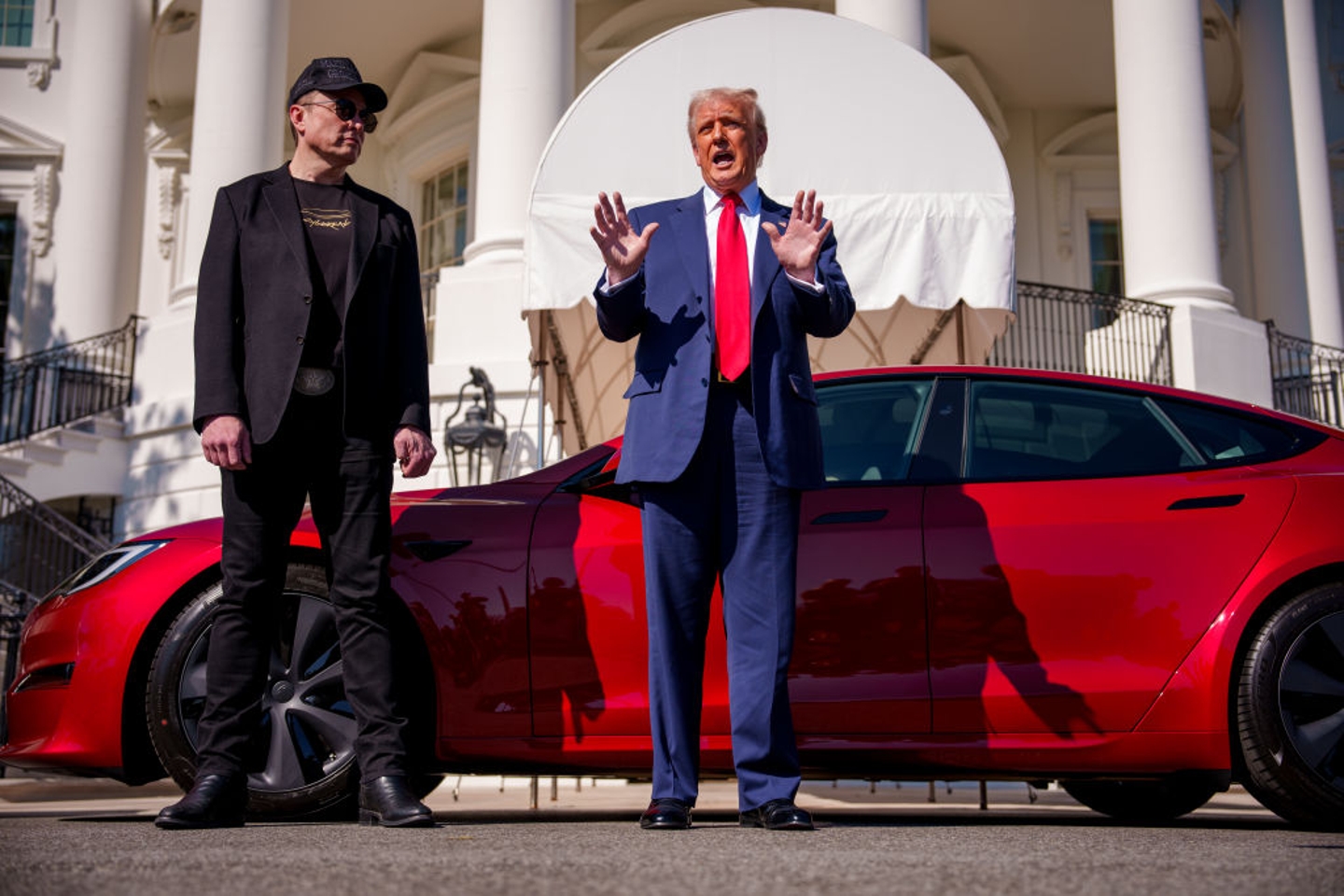
Trump’s $100 billion vehicle tariffs were introduced as part of a broader effort to protect domestic manufacturing and reduce reliance on foreign-made vehicles. The proposed tariffs would affect both traditional gasoline-powered cars as well as electric vehicles. While the policy’s primary focus is on increasing tariffs on imported vehicles, it could also place a heavy financial burden on electric vehicle manufacturers like Tesla, which relies on global supply chains and international markets for both production and sales.
Today, Trump introduced a 25% tariff on ALL vehicles not made in the United States. This tariff will go into effect on April 2nd. About 40% of all new cars sold in the US are imported, so this tariff is a big deal.
This is a breakdown of where cars sold in the US are made:
•… pic.twitter.com/4afYiJvtph— Sawyer Merritt (@SawyerMerritt) March 26, 2025
In his statement, Musk made it clear that Tesla, as a leading manufacturer of electric vehicles, would be hit hard by these tariffs. He highlighted that Tesla’s business model is based on producing high-quality electric vehicles at a competitive price, and the imposition of these tariffs could disrupt Tesla’s ability to remain cost-competitive, particularly when it comes to sourcing materials and components from international suppliers.
Musk pointed out that, despite Tesla’s efforts to build its own supply chains and ramp up production in various global markets, the company still depends on imported parts and materials. Many of Tesla’s advanced components, including certain electric motors and batteries, are sourced from outside the United States. Any significant increase in import tariffs would not only raise production costs but also potentially lead to higher prices for consumers, undermining Tesla’s core mission of making electric vehicles more accessible.
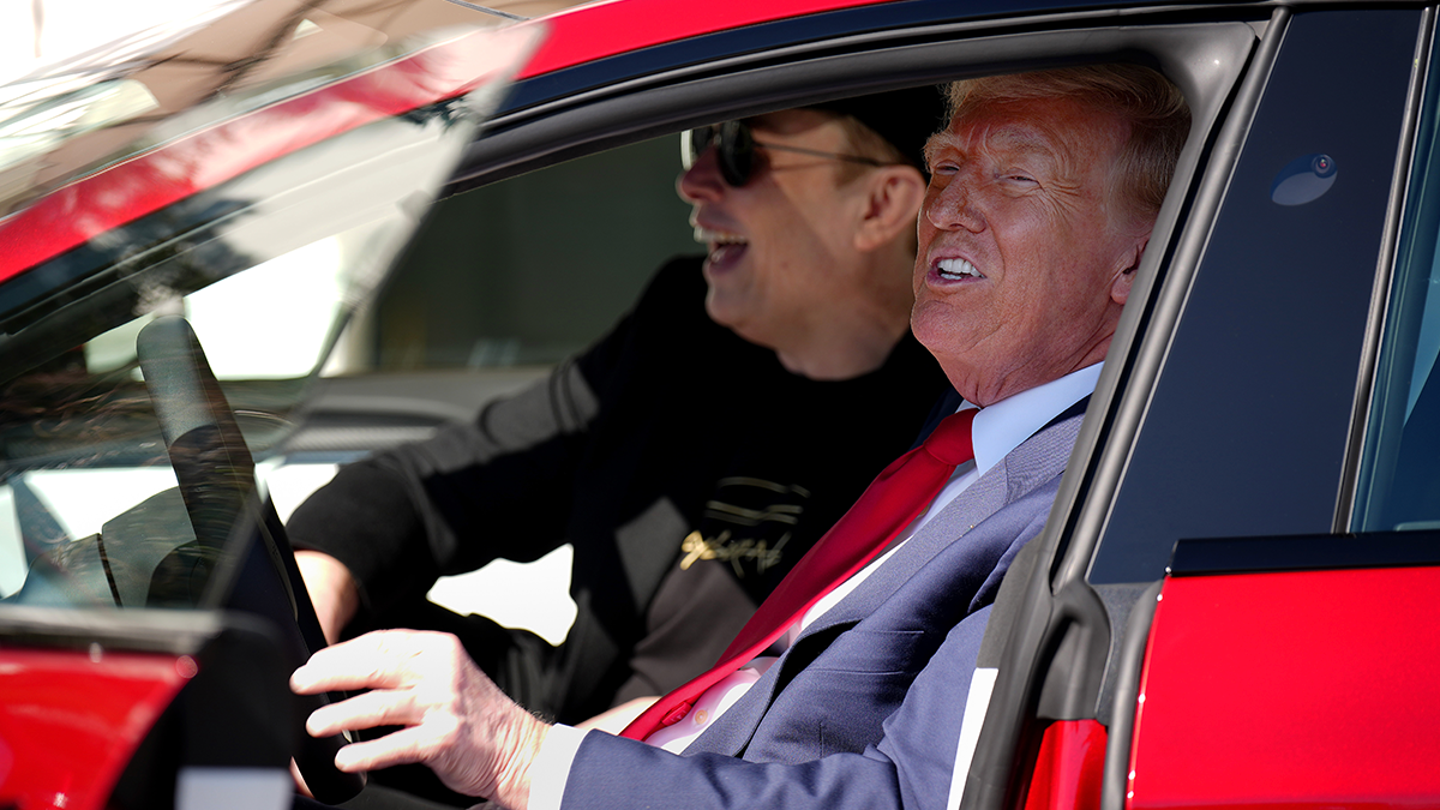
The proposed tariffs are also expected to have ripple effects on the broader automotive industry. Tesla’s competitors, such as General Motors, Ford, and Volkswagen, could face similar challenges, further intensifying the competitive pressure. However, Musk emphasized that Tesla’s position as a leader in the electric vehicle market made it particularly vulnerable. The company’s heavy investment in innovation, research, and development could be significantly undermined by the additional financial strain caused by these tariffs.
Tesla’s international operations could also be negatively affected by Trump’s vehicle tariffs. The company’s global expansion strategy has included establishing production facilities in markets like China and Europe. As Tesla grows its footprint in these international markets, any new tariffs could complicate those efforts and add uncertainty to the company’s future expansion plans. Musk has long advocated for a globalized approach to manufacturing and trade, and the imposition of these tariffs could contradict that vision, creating challenges in Tesla’s pursuit of sustainable global growth.
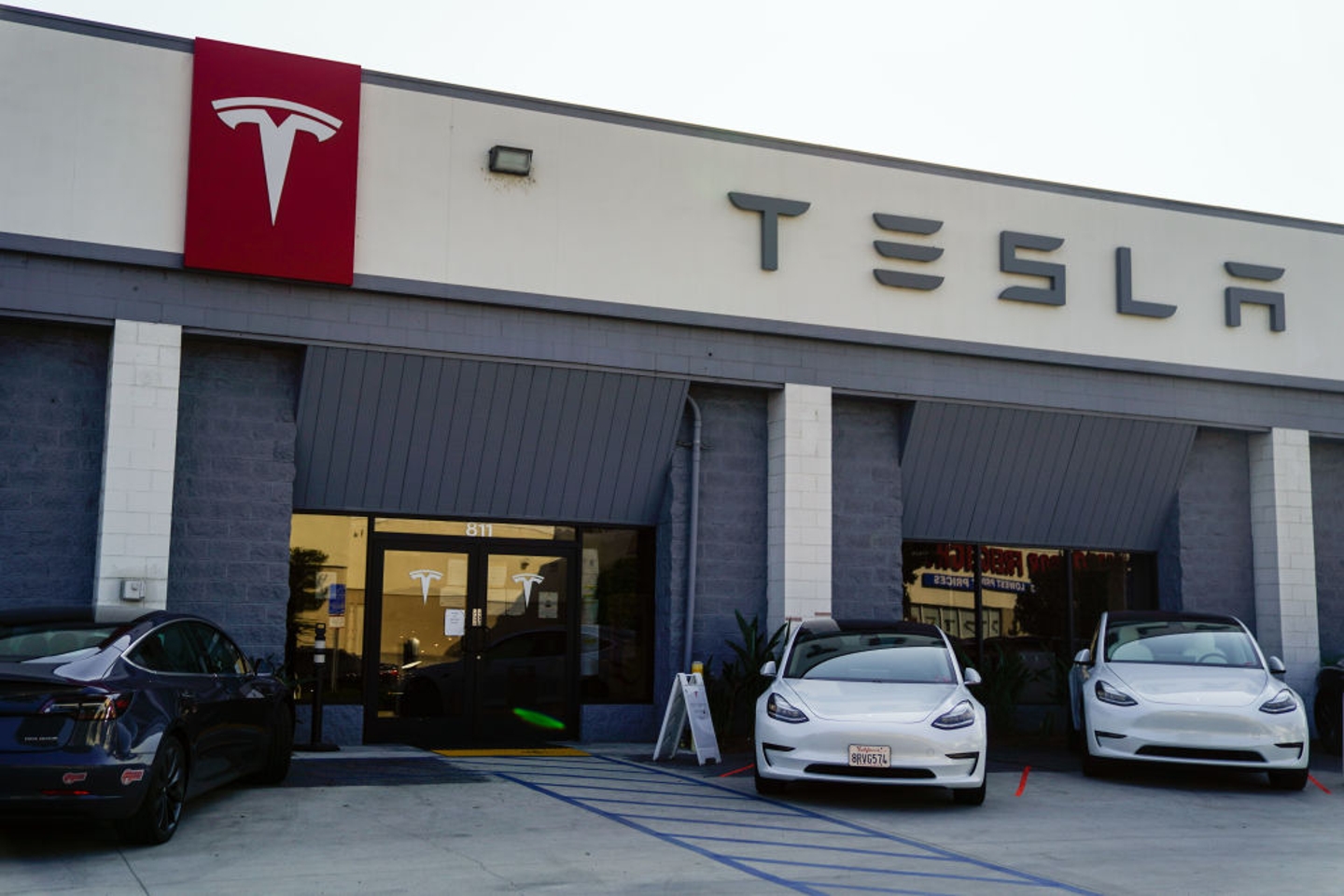
While the tariffs could potentially affect Tesla’s bottom line, Musk remained hopeful that the company could adapt and navigate the new economic landscape. He acknowledged that Tesla’s commitment to advancing electric vehicle technology and reducing global carbon emissions remained unchanged. However, the CEO warned that the financial and logistical challenges posed by the tariffs would require the company to rethink some of its strategies in terms of sourcing, pricing, and future investment.
Ultimately, Musk’s statement served as both a warning and a call to action. He expressed concern that the proposed tariffs could derail the progress made in the transition to electric vehicles and hinder the broader efforts to address climate change. By imposing high tariffs on imported electric vehicles, critics argue that the move could set back the adoption of EVs, a critical step toward reducing global reliance on fossil fuels.
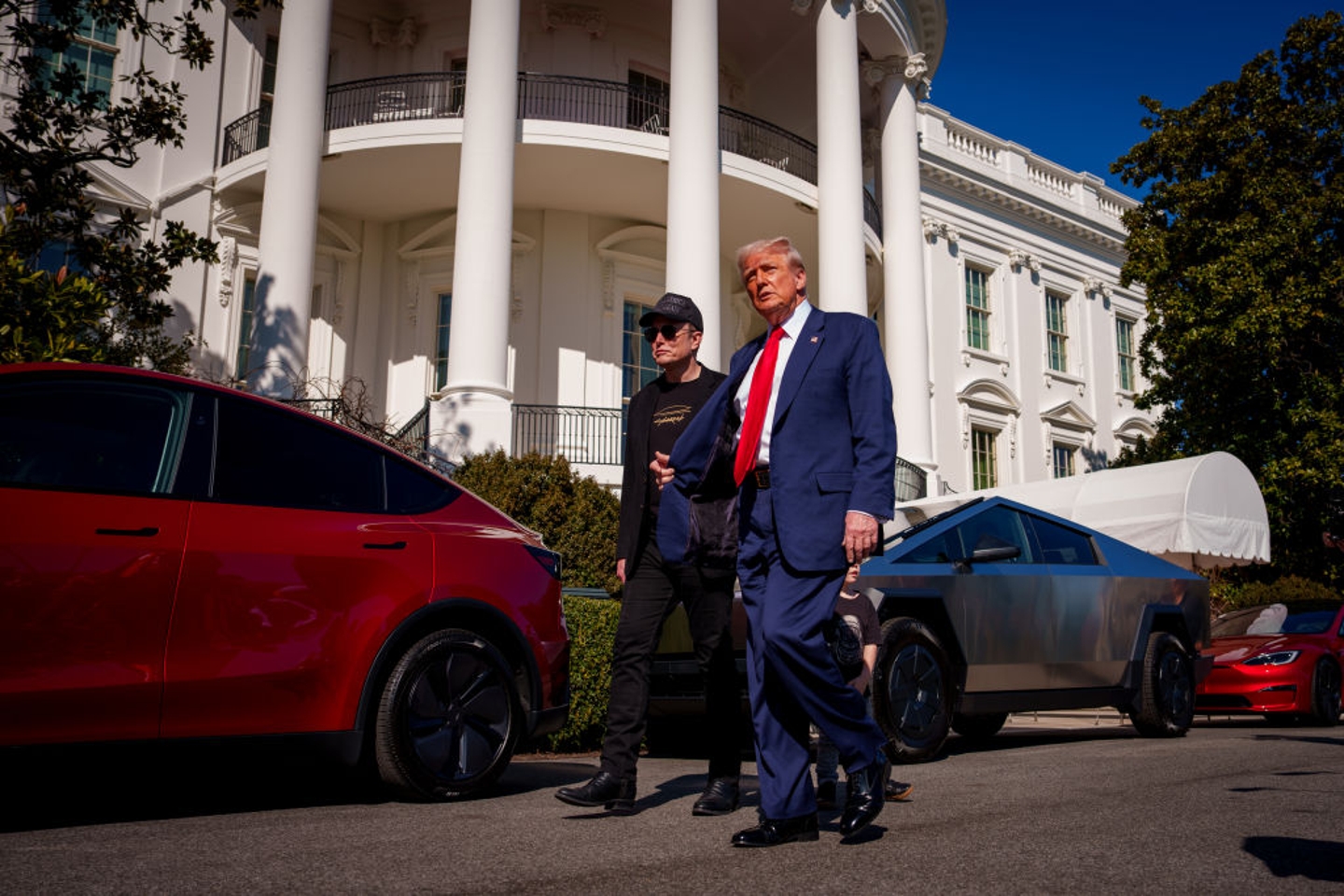
In conclusion, Elon Musk’s statement highlights the potential risks posed by the proposed $100 billion vehicle tariffs. The tariffs could disrupt Tesla’s business operations, raise costs for consumers, and undermine the company’s long-term goals of increasing electric vehicle adoption. Musk’s concerns underscore the broader implications of protectionist trade policies, which could hinder innovation and slow the transition to a more sustainable, carbon-neutral future.





